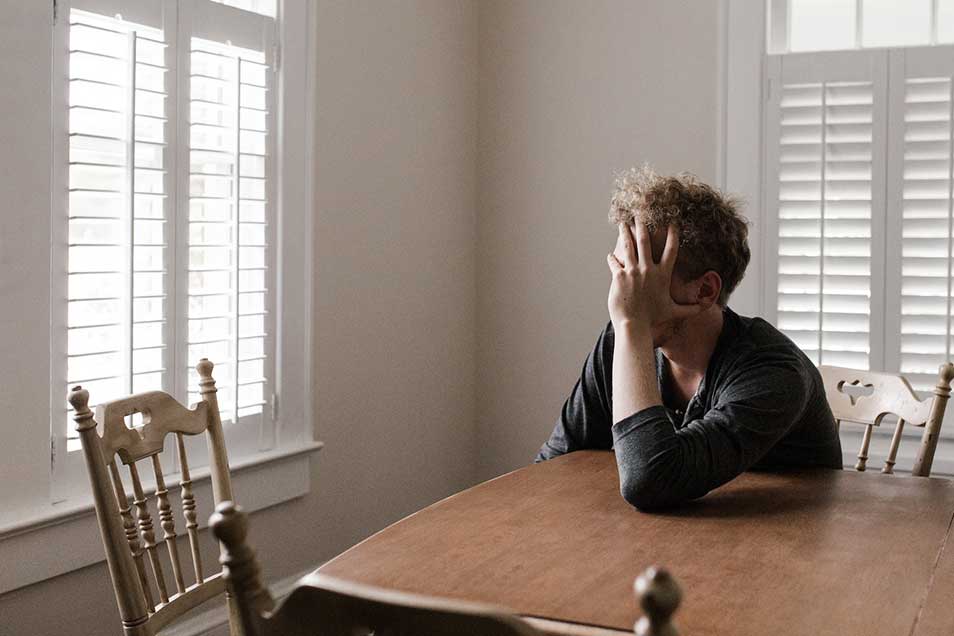Do I Have an Anxiety Disorder?
The term anxiety seems to be used more often these days, and for good reason. With an estimated 19.1% of U.S. adults and 31.9% of U.S. adolescents aged 13-18 being impacted by the mental health disorder every year, it has earned its way into the top spot for most common mental illnesses in the United States. If you have found yourself experiencing lasting feelings of stress, anxiety, or worry, getting the treatment you need as quickly as possible will be crucial for your health and happiness.
When Anxiety Becomes an Anxiety Disorder
Anxiety is a normal emotion to have. When a person anticipates stressful life events, like potential health diagnoses, important job interviews, or what their future holds, experiencing anxiety is completely normal.
Anxiety can cause a person to feel jittery, on edge, fearful, worried, stressed, and many other things. However, in most cases, these feelings eventually fade, and the person experiencing anxiety will return to feeling like themselves.
Those with anxiety disorders, however, will begin to notice that these feelings of anxiety never seem to completely go away. Their worries may seem irrational to others, and they may find that their ability to live a normal life begins to be negatively impacted.
Those who find that their anxiety is beginning to affect their relationships, health, happiness, job, and overall ability to live their life may be experiencing an anxiety disorder.
Signs and Symptoms of an Anxiety Disorder
Experiencing anxiety from time to time is a normal part of life. But how can you tell when your anxiety has crossed the line into an anxiety disorder?
Anxiety disorders can look different for different people, but some of the most common signs and symptoms include:
- Constantly feeling on edge, stressed, worried, or restless
- Fatigue
- Brain fog, memory struggles, or difficulty concentrating
- Irritability
- Changes to sleeping or eating patterns
- Otherwise unexplainable aches and pains
- Struggling to control your worries
These are the more common symptoms of generalized anxiety disorder (GAD). While other anxiety disorders will have symptoms similar to GAD, they will have their own set of differing signs, as well.
For instance, a panic disorder describes a form of anxiety in which a person experiences frequent and unpredictable anxiety attacks. A social anxiety disorder focuses one’s anxiety on social events. Phobias describe anxiety around specific objects or situations. There are many subcategories of anxiety disorders, each with its own signs and symptoms. However, the main symptom one can watch out for is feelings of worry or fear that impact their quality of life.
We Are Here for You
Coping with an anxiety disorder can prove to be difficult for anyone. A person’s relationships, career, and overall happiness can be affected by the mental illness. Our therapists are here to help you find healthy coping mechanisms to treat, understand, and reduce your symptoms of anxiety through the methods that work best for you like cognitive behavioral therapy (CBT) and mindfulness meditation.
Contact us today, and we will work to get you living a happier and healthier life.
References
https://adaa.org/understanding-anxiety/facts-statistics
Keywords: anxiety, stress, therapy, mindfulness meditation, counselor near me


